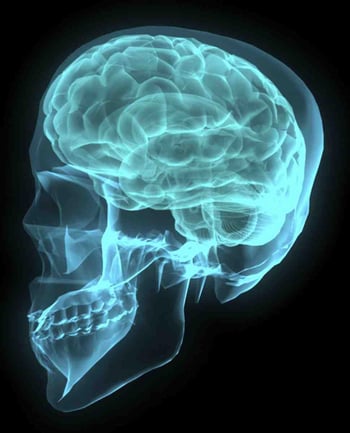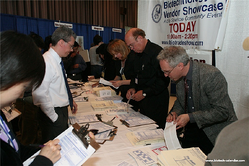 Six teams of researchers from leading univerisites are going to receive a set of three-year grants, totaling over $7.5 million, to create lab-grown brain cells in a process called neuronal maturation.
Six teams of researchers from leading univerisites are going to receive a set of three-year grants, totaling over $7.5 million, to create lab-grown brain cells in a process called neuronal maturation.
The funding to the various universities was made possible by The Paul G. Allen Family Foundation as part of its Allen Distinguished Investigator grants, and will ensure the continued development of important neuroscience research.
In order to study diseases that affect brain cells, such as Parkinson’s or Alzheimer’s disease, researchers rely on supplies of fresh, mature brain cells on which to conduct experimentation and trials. Currently, the development of brain cells in a laboratory environment is a lengthy and intensive process, typically requiring more than a year of growth time, plus associated work hours and r&d expenditures.
Grants from the Paul G. Allen Family Foundation will effectively bolster important research into expediting this process, making rapid neuronal maturation available to neuroscience researchers worldwide.
“Our work at the Allen Institute for Brain Science has revealed that the field of neuronal maturation is in great need of exploration,” says Christof Koch, Ph.D., Chief Scientific Officer at the Allen Institute for Brain Science. “This inspiring cohort of national innovators identified by the Foundation will make important advances using their own ideas, and we expect the resulting insights will in turn accelerate the Institute’s work to understand neural function and human cognition itself.”
With grants valued between $1 million and $1.5 million, six separate teams of researchers from leading universities were awarded funding for various projects involving neuronal maturation, including:
- Daniel Geschwind and Steve Horvath, University of California, Los Angeles ($1.2 million), are using mathematical predictions to create more stable cultures that are more similar to functioning neurons in the brain and to mimic the effects of aging in the laboratory.
- Feng Zhang, Massachusetts Institute of Technology ($1 million), will focus on developing a number of human neuronal cell types relevant to neurological disorders.
- Jeffrey Macklis, Harvard University ($1.5 million), will develop a "flight data recorder" both to observe specific brain cells in order to better understand maturation time for individual cells. He will also study neuronal diversity and develop new synthetic biology technology to discover biological interactions.
- Erik Ullian and David Rowitch, University of California, San Francisco ($1 million), will test whether the signals from different types of human astrocytes are necessary for the proper maturation and function of human iPSC-derived neurons.
- William Lowry and Kathrin Plath, University of California, Los Angeles ($1.3 million), have devised a model system to isolate and identify very specific types of neurons, which they can use to create neurons that are more like those found in the adult nervous system.
- Thomas Reh, Rachel Wong and Fred Rieke, University of Washington ($1.3 million),will address two major roadblocks in neuronal maturation—diversity of cells in the brain and the developmental “clock”—in the context of the retina.
(source: PGAFF news release)
 This set of grants represents a major influx of R&D funding for important projects at universities that are already among the most highly subsidized in the country for life science research. This is why Biotechnology Calendar, Inc. hosts annual industry leading events at UCSF, UCLA, Harvard, and over 50 other leading research institutions nationwide:
This set of grants represents a major influx of R&D funding for important projects at universities that are already among the most highly subsidized in the country for life science research. This is why Biotechnology Calendar, Inc. hosts annual industry leading events at UCSF, UCLA, Harvard, and over 50 other leading research institutions nationwide:
Researchers at top universities are constantly searching for the latest biotechnology and laboratory supplies, and BCI trade show events are where researchers go to buy them.
These are the most well-organized and popular life science events in the industry - where lab vendors make the most of their time meeting hundreds of active researchers and promoting lab products in one place.
For more information about promoting lab products at these or dozens of other top-funded research universities in 2015, click below:


